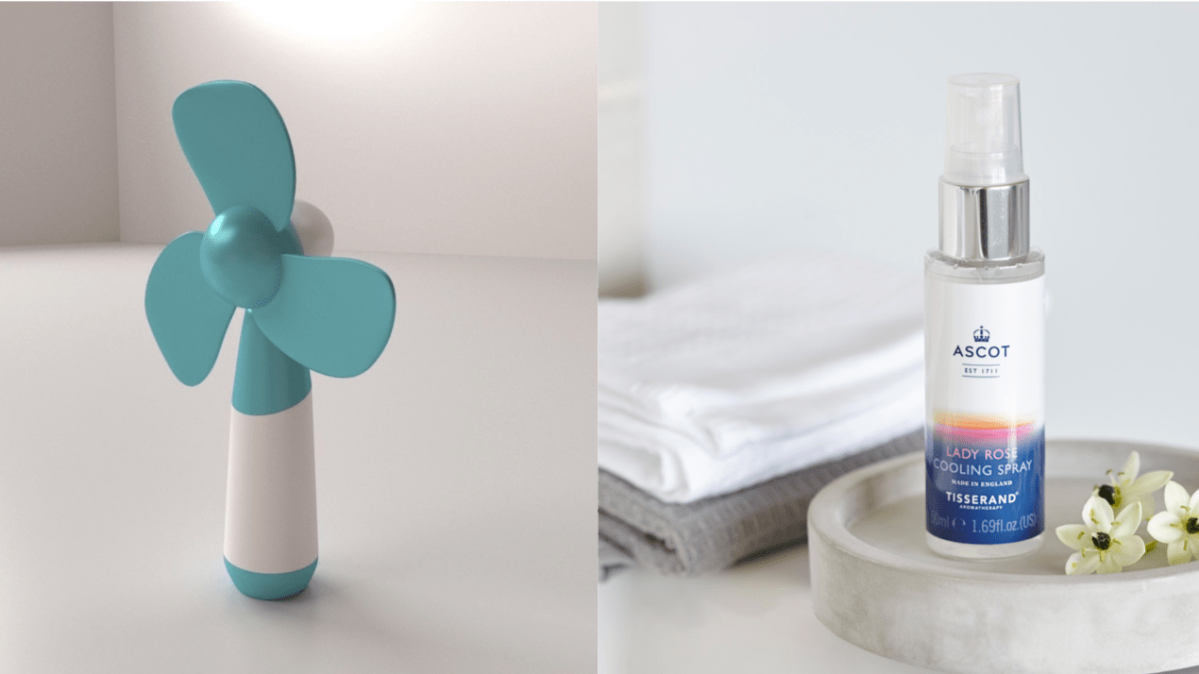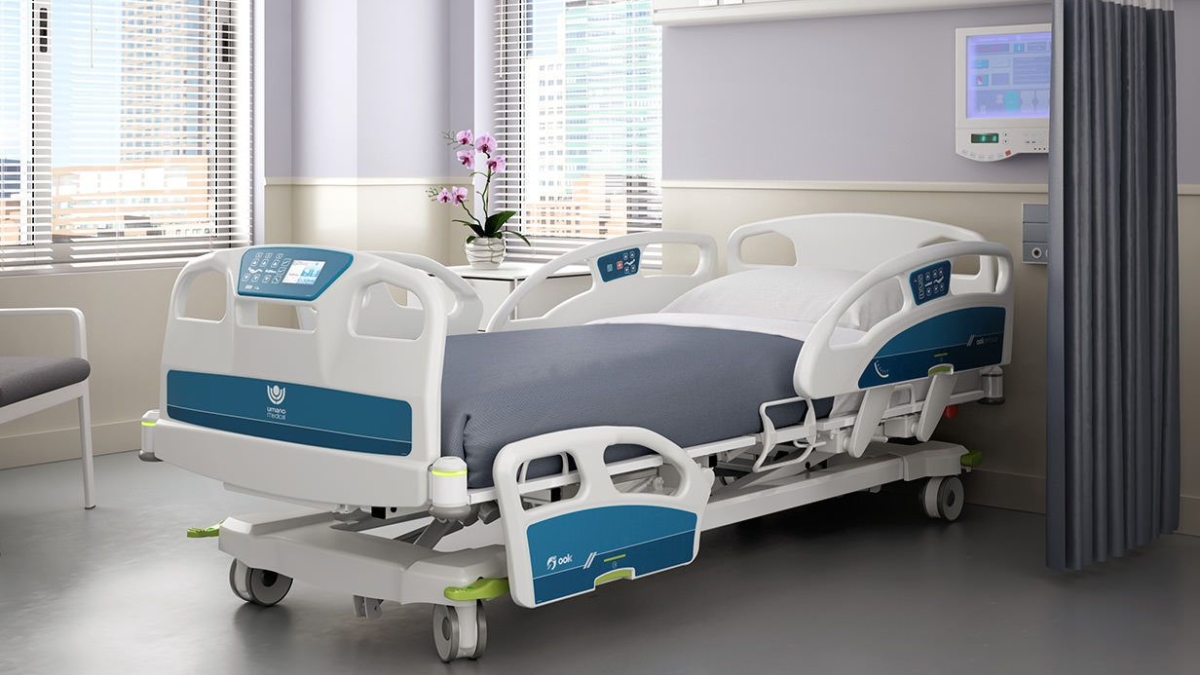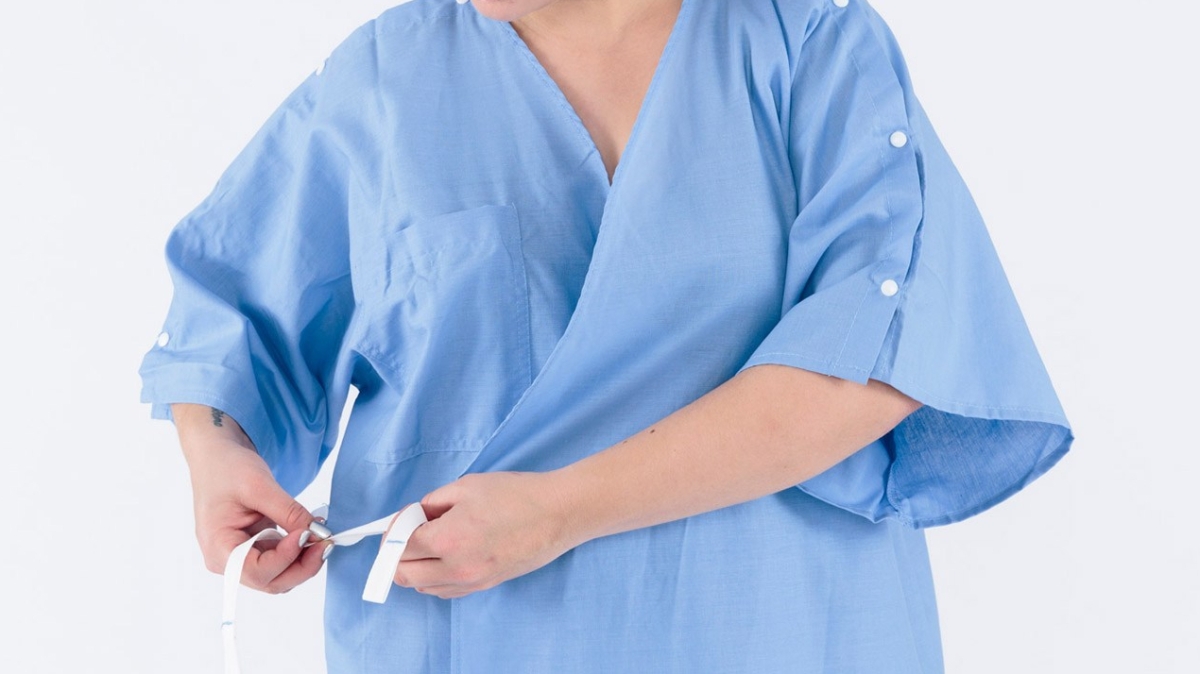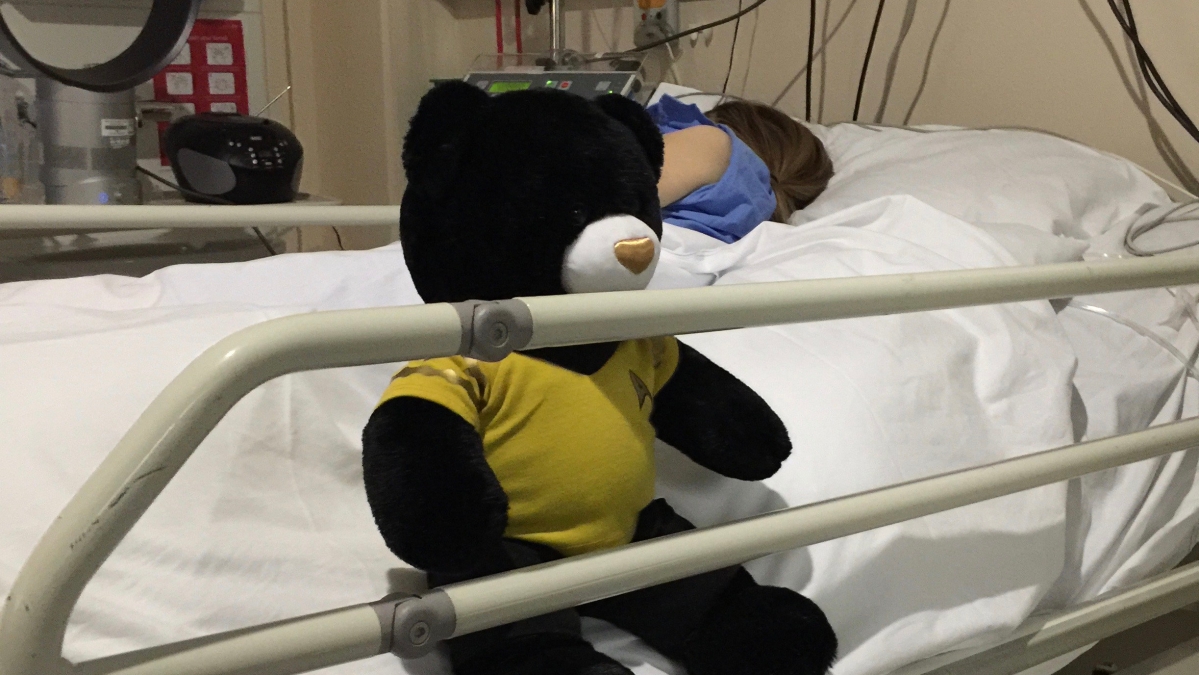“My recovery must come first so that everything I love in life does have to come last.”
Going in for scoliosis surgery is probably the most daunting thing I have ever done and (hopefully) will ever have to do. The pain and risks of the operation aside, you are venturing into the unknown; you have no idea what to expect and no idea what to take with you. It is a whole new experience. But, all that is about to change, as I share with you my top ten tips for scoliosis surgery!
Tip No.1: Pyjamas
Take plenty of pyjamas into the hospital with you. It is important not to take long trouser bottoms because, for the first few days after the surgery, you will have to use a catheter. I recommend oversized bed shirts that go straight over your head or button up at the front or short pyjamas with shorts and strappy vest tops. The hospital environment is also very hot and humid, or it certainly was at the hospital I had my surgery at (Royal Orthopaedic Hospital), so the shorter the pyjamas, the better.

Tip No.2: Straws
For the majority of your hospital stay, you’ll be lying down in bed and unable to sit up easily or for long periods of time. However, you still need to drink, and, let me tell you, the nurses make sure you drink an absolute tonne of water. Taking staws into the hospital with you makes it so much easier because you can carry on drinking whilst lying down. It also makes it easier for other people to help you drink; throughout my entire stay in the hospital, I was unable to hold a drink up myself and my Mum had to help me. Using straws meant she could effectively feed me without me having to struggle to reach the cup or bottle, so straws are a definite ‘must’ when going in for surgery.

Tip No.3: Keeping Cool
As I mentioned before, the hospital I stayed in was extremely hot and humid. Whilst I appreciate this probably varies from hospital to hospital and with the weather (I had my operation in September), I would still recommend having something to help you stay cool. I took a small hand fan into the hospital with me, and this was an actual lifesaver. The hospital I stayed in also had Dyson fans, and I remember having two or three of these surrounding my bed each day. Another thing I used to keep cool was ‘Hot Weather Cooling Spray’. You can buy this from Boots or any other health shop very cheaply, and it was good to stop my face from getting too warm of sweating. I used this constantly throughout my stay in the hospital and I highly recommend it to anyone planning on any kind of surgery or hospital stay.

Tip No.4: The Pre-Med
Like most people, I was nervous on the day of my operation. I had never been scared before then, but, on the morning of my surgery, I was extremely anxious, and that’s when a nurse offered me a pre-med. I cannot stress enough how much I recommend taking this when it is offered to you! A pre-med is given to you a period of time before you are wheeled down to the theatre and it honestly just tastes like Ribena. It makes you feel drowsy and sleepy, basically drunk, so when you are taken to theatre and given the anaesthetic, you don’t really know what’s going on. This is brilliant for anyone nervous about surgery as it makes you completely forget about it! Picture how it feels to be drunk (and, for those too young to be drunk, it basically feels like everything is blurry and you are really dizzy), and this is how the pre-med makes you feel!

Tip No.5: Don’t Be Embarrassed
I’m going to warn you now, you won’t have much dignity when you have your surgery, but don’t let this put you off! On the morning of your operation, you’ll be asked to put on a hospital gown and paper pants, and you’ll wake up with a catheter in. Whilst this may seem embarrassing, remember that you will be under general anaesthetic when the surgeons deal with you like this so you won’t know what’s going on. Bad news for any girls planning on surgery- you’re very likely to start your period during your stay in the hospital due to the stress your body has gone through. Again, don’t let this put you off surgery. The nurses, to use a cliche, have ‘seen it all before’, and a bit of blood is not going to phase them in the slightest. You’re too dazed to really realise what’s going on, so, again, don’t be embarrassed if you do start whilst in recovery. Perhaps the most embarrassing part of scoliosis surgery is not being able to do anything for yourself- be prepared for a nurse or someone you trust to help you go to the toilet, wash, shower and dress for up to weeks after your surgery. It can feel like you’re a baby again and it can be hard to let someone help you with these routines, but it won’t be long before you are able to do it all yourself. Again, I know in my case that I was too concerned with the pain and recovery I was going through to care about someone helping me wash my hair. You won’t be the first person to need help with these things and you certainly won’t be the last. Just focus on recovering from the surgery and let other people help you with the rest.

Tip No.6: Be Prepared for Pestering
You may think that recovering in the hospital is just being left alone to sleep and rest. It is actually quite the opposite. Be prepared for constant pestering from nurses, doctors, surgeons and physiotherapists. Whilst they are just acting in your best interests, all you are thinking is that you wish they’d go away and leave you alone. I know that I wasn’t feeling up to physiotherapy until days after my surgery- I just wasn’t feeling strong enough to stand up, walk around or climb stairs. So, if I knew they were coming, I’d go to sleep. As harsh as it sounds, you need to do what’s best for you, and they’ll always come back later if they believe you really do need to start making a move. I’m not advocating lying to trained medical staff, but if you need to sleep or rest, make sure you let the nurses and physiotherapists know. Equally, if the physio is pushing you to your limit, don’t carry on for the sake of it- tell the staff you want to stop. You take medication up to four times a day, so be prepared to be woken up if it is time for medicine. In terms of blood tests, I had over ten during my stay in the hospital, but this was because of the heavy blood loss I suffered during surgery and my consequent blood transfusion; they continuously struggled to get any blood out of me, despite trying both arms, wrists and hands. This won’t be the case for everyone, but be prepared to have some. You’ll probably be too dazed to realise what they are doing, but be prepared all the same.

Tip No.7: Family
If you’re under eighteen years old and have a family member or friend that could stay with you in the hospital, then ask them to; I cannot recommend this enough. My Mum slept on a broken reclining chair for all nine days that I was in the hospital, and it was so, so helpful. It meant there was always someone there in the night if I woke up in pain and needed someone to fetch a nurse, and it was just nice knowing that someone was with me at all times. Other family members and friends will visit during the day, and having them show support helps, but the feeling of having someone there with you there 24/7 is indescribable. It sort of relaxes you and makes the stay less impossible; even if you’re sleeping all day, having someone sat next to you makes you feel safe and motivates you to focus on your recovery and work on getting better.

Tip No.8: Visitors
For some people, having friends and family come and visit you during your stay in hospital is enjoyable. Whilst on some occasions it was for me, there were other times (when I was feeling lethargic and in pain) that visitors were the last thing I needed. My advice is don’t pre-plan when people are going to visit you; let them come when you are feeling up to it. In my case, my friends texted my Mum when they were planning to visit and she gave them a ‘yes’ or a ‘no’, depending on whether I was feeling okay. This meant that when people did come to visit me, I was able to talk to them and enjoy their company, and when I was feeling tired or in pain, I was able to rest by myself without having to worry about being social.

Tip No.9: The Journey Home
Depending on how far away your house is from the hospital, the journey home can be daunting. For me, it took nearly an hour to drive home after my surgery, and the journey was a constant worry for everyone throughout my stay in the hospital. The first thing to remember is that your surgeons wouldn’t even dream of sending you home if they didn’t think you were up to it. If they don’t believe you can cope with the journey home, they wouldn’t send you. When the time does come for you to leave, there are many things you can do to make the journey easier and more comfortable. For me, I reclined the front passenger seat (it’s easier to get in and out of the front seat when you cannot bend your back) and packed it full of pillows and cushions. My Dad made sure he didn’t drive to fast or sharply around corners- stick at 60mph on the motorways if it makes you feel more comfortable. It all really depends on how much of your back you’ve had fused and how well your recovery has gone. I had my entire back fused and my time in hospital had been incredibly difficult, so putting this measures into place when it came to the drive home meant the hour-long journey didn’t feel impossible.

Tip No.10: DON’T PANIC
Feeling nervous and scared before and during your stay in the hospital is almost inevitable. It is important to remember that you are in the care of trained medical staff and are recovering in building specifically designed for just that! During my surgery, I lost half of my blood and my surgeons thought they had paralysed me, but look at me now! I’m back living my life just how I want to, despite the struggles I experienced in the hospital. If anything goes wrong, you have the best people on hand to help you, and I promise you that it will get better! Your stay in the hospital will not last forever, however much it feels like it will, and you have so much support around you to help! Keep pushing forward and focusing on your recovery; in the words of D:ream, “things can only get better”!

“Be strong, because things will get better. It may be stormy now, but it never rains forever.”